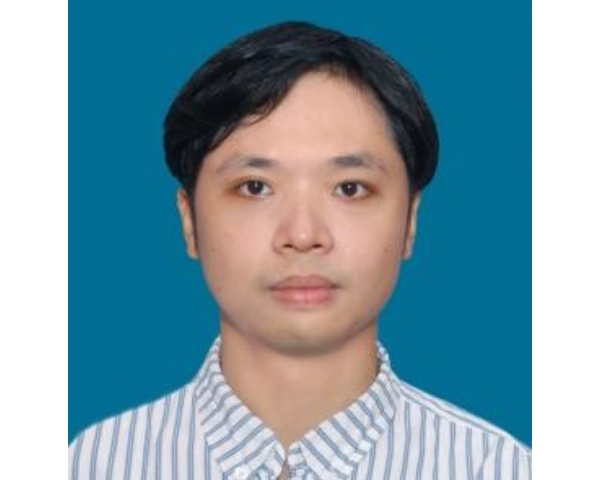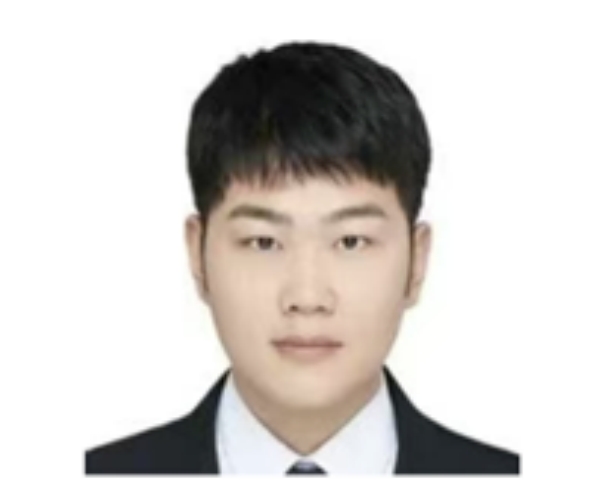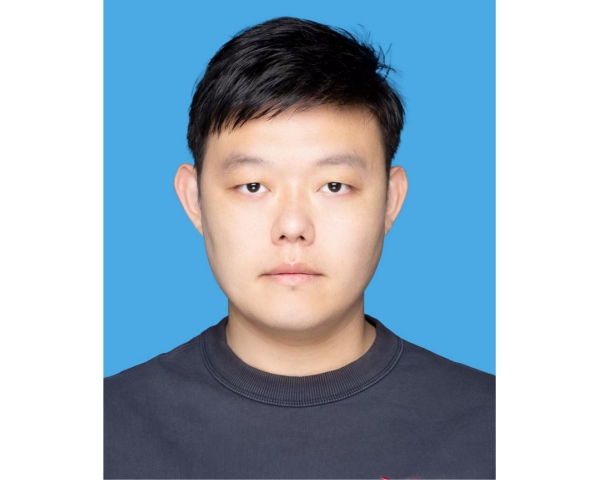This session uniquely focuses on the integration of artificial intelligence, autonomous robotics, and ship operations to drive the transformation and upgrading of the shipping industry. Moving beyond conventional maritime topics, it investigates how autonomy is reshaping navigation safety, operational efficiency, and environmental sustainability through real-world pilot projects—such as remote-controlled vessels, autonomous escort tugboats, and zero-emission cargo ships. The urgency of this transformation is underscored by global climate objectives and growing labor shortages, calling for immediate cross-sector collaboration between emerging technologies and marine science.
This Special Session aims to showcase original research and novel applications within the field of autonomous ship technology and related systems. Submissions addressing, but not limited to, the following topics are highly encouraged:
- Guidance, navigation, and control of ships; 船舶导引、导航与控制
- Path planning and collision avoidance; 路径规划与避碰
- Cooperative control of marine vehicles; 海洋运载器协同控制
- Air-sea vehicle cooperative control; 空海载具协同控制
- Multi-modal sensor fusion for marine systems; 海洋系统多模态传感器融合
- Human-machine interaction in autonomous maritime operations; 自主海事作业中的人机交互
- Situational awareness for autonomous marine operations. 自主海事作业态势感知
Chair: Dr. Chenfeng Huang, Dalian Maritime University, China

Dr. Chenfeng Huang is a lecturer with the Navigation College, Dalian Maritime University. He received the B.S. degree in Nautical Technology in 2015, and the M.Eng. degree and Ph.D degree in Traffic Information Engineering and Control from Dalian Maritime University in 2018 and 2022, respectively. He was a Visiting Scholar with the Centre for Marine Technology and Ocean Engineering (CENTEC), University of Lisbon, Portugal. He has been principal investigator of multiple research projects, including those funded by the National Natural Science Foundation of China (NSFC) and the Liaoning Provincial Natural Science Foundation, among others. His research interests include cooperative control of ships, dynamic positioning control of ships, and robust control of ship-towing systems. He has published more than 40 academic papers and has received several awards, including the First Prize for Scientific and Technological Progress from the China Industry-University-Research Collaboration Promotion Association, and the Second Prize for Scientific and Technological Progress from the Chinese Society of Naval Architects and Marine Engineers.
Co-chair: Dr. Jiqiang Li, Dalian Maritime University, China
 Jiqiang Li (Member, IEEE) received the B.S. degree in marine technology, the M.S. degree in transportation engineering, and the Ph.D. degree in traffic information engineering and control from Dalian Maritime University (DMU), Dalian, China, in 2018, 2021, and 2024, respectively. From 2023 to 2024, he was a Visiting Scholar with the Instituto Superior Tecnico, Universidade de Lisboa, Lisbon, Portugal. He is currently a Post-Doctoral Researcher with DMU. He has been published more than 30 papers on the IEEE TITS, IEEE TVT, OE, etc. He hosted the National Natural Science Foundation of China, the China Postdoctoral Science Foundation under Grant Number 2025M771628, the Postdoctoral Fellowship Program of CPSF. His research interests include adaptive control, neural control, nonlinear control, and their applications on intelligent vehicles.
Jiqiang Li (Member, IEEE) received the B.S. degree in marine technology, the M.S. degree in transportation engineering, and the Ph.D. degree in traffic information engineering and control from Dalian Maritime University (DMU), Dalian, China, in 2018, 2021, and 2024, respectively. From 2023 to 2024, he was a Visiting Scholar with the Instituto Superior Tecnico, Universidade de Lisboa, Lisbon, Portugal. He is currently a Post-Doctoral Researcher with DMU. He has been published more than 30 papers on the IEEE TITS, IEEE TVT, OE, etc. He hosted the National Natural Science Foundation of China, the China Postdoctoral Science Foundation under Grant Number 2025M771628, the Postdoctoral Fellowship Program of CPSF. His research interests include adaptive control, neural control, nonlinear control, and their applications on intelligent vehicles.
Co-chair: Dr. Xingru Qu, Dalian Minzu University, China
 Dr. Qu Xingru has long been dedicated to theoretical and practical research in robotics decision-making and control, encompassing underwater robots, unmanned surface vessels, unmanned ground vehicles, and aerial drones. His research interests include, but are not limited to, decision-making and control optimization, collective intelligence collaboration and game theory, as well as prototype development and testing. He has presided over projects such as the Liaoning Provincial Key Research and Development Program, the Fundamental Research Funds for the Central Universities, and the "Double First-Class" Initiative Special Innovation Project. He has published 28 academic papers in international journals and conferences within the field, including 22 papers indexed by SCI/EI, with a cumulative total of over 600 SCI citations by other researchers. Additionally, he has authored one monograph. His accolades include the Second Prize for Outstanding Navigation Science and Technology Paper from the China Institute of Navigation, the Third Prize for Liaoning Provincial Natural Science Academic Achievements, and the Liaoning Provincial Outstanding Doctoral Dissertation Award.
Dr. Qu Xingru has long been dedicated to theoretical and practical research in robotics decision-making and control, encompassing underwater robots, unmanned surface vessels, unmanned ground vehicles, and aerial drones. His research interests include, but are not limited to, decision-making and control optimization, collective intelligence collaboration and game theory, as well as prototype development and testing. He has presided over projects such as the Liaoning Provincial Key Research and Development Program, the Fundamental Research Funds for the Central Universities, and the "Double First-Class" Initiative Special Innovation Project. He has published 28 academic papers in international journals and conferences within the field, including 22 papers indexed by SCI/EI, with a cumulative total of over 600 SCI citations by other researchers. Additionally, he has authored one monograph. His accolades include the Second Prize for Outstanding Navigation Science and Technology Paper from the China Institute of Navigation, the Third Prize for Liaoning Provincial Natural Science Academic Achievements, and the Liaoning Provincial Outstanding Doctoral Dissertation Award.
Co-chair: Assoc. Prof. Xiaoyang Gao, Dalian Maritime University, China
 Xiaoyang Gao, a Doctor of Engineering, is an associate professor and master's supervisor at the School of Maritime Economics and Management, Dalian Maritime University. His research mainly focuses on the optimization of intelligent ship navigation strategies and the optimization of smart port scheduling. In 2024, he was selected as a "Young Talent" in Dalian's high-level talent program. In 2025, he was included in the first batch of the Liaoning Province Young Science and Technology Talent Support Program. He has published over 20 papers in international authoritative journals and conferences. He serves as a young editorial board member of the international journal 《Sensors》, an editorial board member of 《International Journal of e-Navigation and Maritime Economy》, and a member of the IEEE Systems, Man, and Cybernetics Society.
Xiaoyang Gao, a Doctor of Engineering, is an associate professor and master's supervisor at the School of Maritime Economics and Management, Dalian Maritime University. His research mainly focuses on the optimization of intelligent ship navigation strategies and the optimization of smart port scheduling. In 2024, he was selected as a "Young Talent" in Dalian's high-level talent program. In 2025, he was included in the first batch of the Liaoning Province Young Science and Technology Talent Support Program. He has published over 20 papers in international authoritative journals and conferences. He serves as a young editorial board member of the international journal 《Sensors》, an editorial board member of 《International Journal of e-Navigation and Maritime Economy》, and a member of the IEEE Systems, Man, and Cybernetics Society.
※ Important Dates | 重要日期
|
※ Submission Guideline / 投稿指南Template Download: WORD Formatting.doc (文章模板下载) | LaTex Template Please log in the
Submission System; ( .pdf only) to submit your full paper and abstract. |
